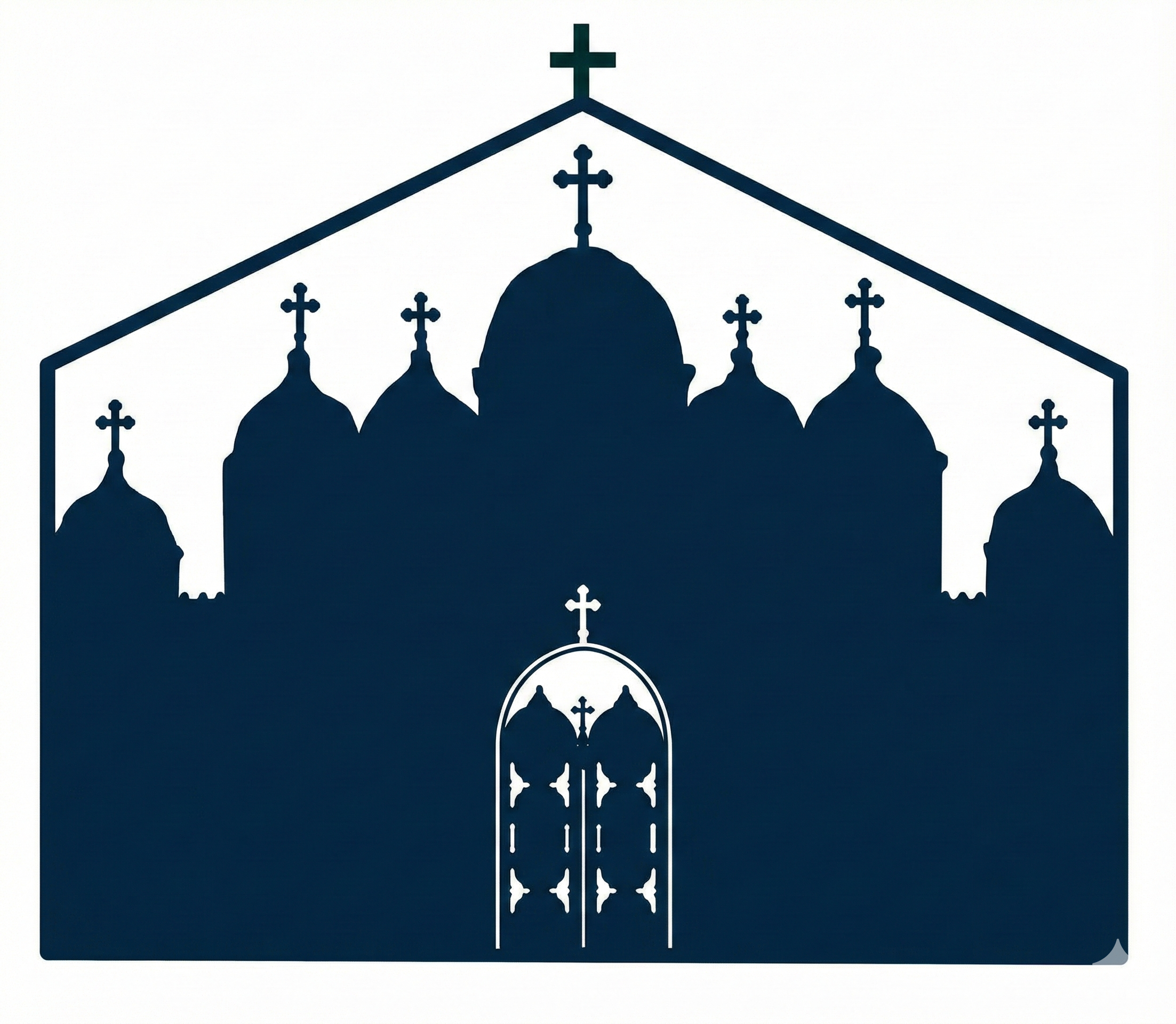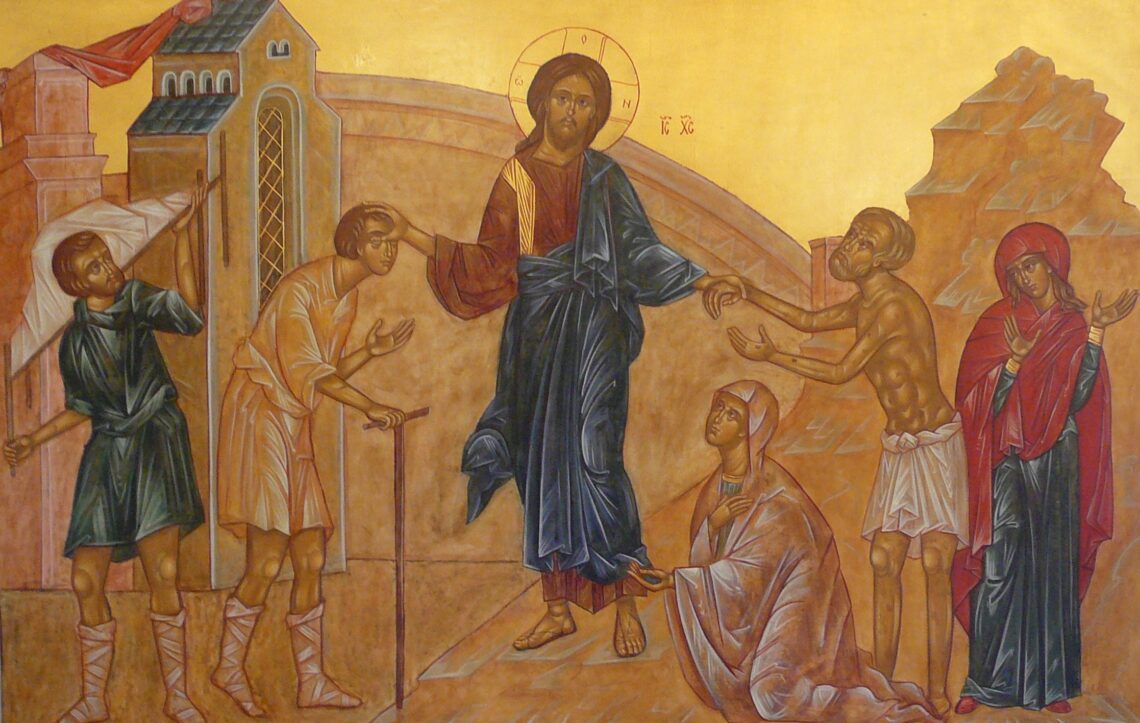Matthew 9:1-8, 4th July 2024, Osaka Church
In the name of the Father, and the Son, and the Holy Spirit.
A sick man who was paralyzed and unable to move was carried to Jesus on his bed by the people. Seeing their faith in Him, the Lord said to the sick man, “Take heart; your sins are forgiven.” To show that the forgiveness was not just lip service, He commanded the man, “Rise, pick up your bed, and go home.” The sick man rose and walked.
The forgiveness of sins is clearly shown here in connection with healing. The forgiveness of sins is not simply a declaration of absolution or the cancellation of the indictment.
In today’s Gospel, Christ first unilaterally declares, “Your sins are forgiven.” The people must have been confused for a moment because what the people were hoping for was “healing of illness,” not “forgiveness of sins.” Moreover, it was a completely unilateral declaration. It is not a reward for good deeds, nor a reward for repentance.
This sentence is not directed only at this paralytic. Every time this Gospel is read, these words reverberate throughout the world. Even if we turn our backs on God, immerse ourselves in the way of life of this world, and continue to shut ourselves in our own hard shells, this sentence from the Lord will never be retracted. The Lord’s cross will continue to stand unshakably, and God’s love is pure grace and is poured out generously on both the righteous and the wicked, just as rain falls on both good and bad fields. We are loved by God exactly as we are, weak, despicable, cowardly, and twisted. The Lord proclaims the forgiveness of sins to us. Even if we decide that “there is no way we can be forgiven,” Christ God will not turn His back.
However, this is by no means “forgiveness” that says “you will continue to be fine just the way you are.” God/Christ is sad about “just the way we are,” and the greater our love, the deeper our sorrow for the disobedience of our loved ones, our wandering, our loneliness, and our suffering! God’s love is “enormously” great; one Holy Father even went so far as to call it “mad love.” And so His sorrow is also enormously deep, “mad sorrow.” This “mad” love and sorrow, God’s “passions,” ultimately cross the boundary between God and man. God becomes man. That person, Christ, shares all of man’s suffering. “I cannot leave you to suffer alone!” For the sake of our salvation, the Lord, who is in no way sinful, shares in the suffering and sorrow caused by sin. On the night before His Passion, the Lord was terrified and in agony in the Garden of Gethsemane, and at the end of His suffering, His sweat dripped onto the ground as drops of blood. Finally, when He was lifted up on the cross, He cried out in sorrow for being abandoned even by God, “God, why have you forsaken me?” It is He who tells us, “Your sins are forgiven.” It is He who holds out His hand and says, “Arise.” It is He who raises us up. It is He, Christ God, who first wanted to restore the fellowship between man and God, “fellowship between you and me.”

